Home » The Kratom Consumer Protection Act
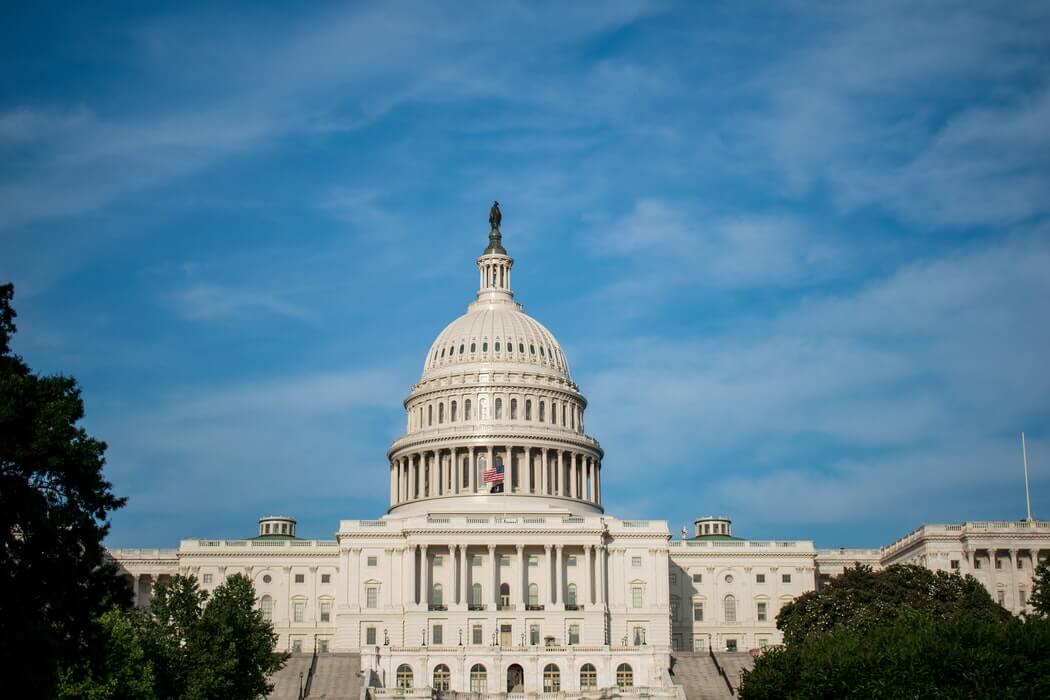
The Kratom Consumer Protection Act
- Anthony Dent, Founding Member
- 3 Comments
Is Kratom Legal in the US?
Back in the day, there was a time when the FDA and the DEA temporarily teamed up to take down kratom. It was a rough time for anyone who relied on kratom to enhance their everyday life. Nobody’s really sure why kratom came to their attention, but there was a significant danger that kratom would be banned. Learn more about The Kratom Consumer Protection Act and how it’s protecting kratom retailers and users today.
What’s The Kratom Consumer Protection Act?
As a whole, the Kratom Consumer Protection Act is a good thing for the kratom community. It’s being pushed forward in nearly every state to set forth guidelines to protect kratom users and related businesses. We hope this act will preempt any state or federal legislation that would — similar to 2016 — seek to ban kratom. At this time, kratom is still legal in most of the US, and this act hopes to keep it that way.
At its core, the Kratom Consumer Protection Act strives to create transparency, accountability, and protection for the community. While the effort is especially concerted in states where kratom is banned, the American Kratom Association is pushing the KCPA in all states.
What’s In The Kratom Act?
- The KCPA will define kratom. Defining it is important, as some critics falsely claim that kratom is an opiate. Kratom is actually a tree related to coffee, and the product is made from the tree’s leaves.
- Part of the act will dictate the standard of labeling and marketing for kratom retailers. Proper labeling and advertising ensure customers know what they’re buying and protect legitimate vendors.
- The act will also ban kratom products that do not reflect its wellness-supporting nature and the ideals of the community. Kratom is a plant with significant potential. In addition, low-quality, poorly made, or adulterated products will be banned.
- The KCPA ensures penalties are in place for those who don’t follow good practices in line with serving the kratom community. It provides lawmakers peace of mind and a precedent to stop anyone from banning kratom outright.
- The act requires that kratom companies register and submit to basic quality regulations in order to protect the community. It seeks to mitigate legal issues and protect the industry and its consumers from a blanket ban
- The KCPA gives the Department of Agriculture oversight to set basic standards and regulations for the industry and enforce rules. With a formal enforcement and grievance arm, there is even more protection for the kratom industry.
While it might sound like the act is making buying and selling kratom more confusing and difficult, these measures help the industry run more smoothly, bring in tax revenue, and prevent recriminations for the actions of a few bad apples.
Who Supports The Kratom Consumer Protection Act?
The American Kratom Association has a huge role in the national advocacy of kratom. With the help of Mac Haddow, the AKA’s most experienced administrator, there is a stronger legislative push from the organization where it concerns the KCPA.
Progress for The KCPA

Currently, a number of states have adopted the KCPA, like Nevada and Georgia. Encouragingly, these states never even had a kratom ban in place. The 2020 COVID pandemic blunted the progress of the KCPA and the AKA in states like Wisconsin, but we hope that more states will accept the Kratom Consumer Protection Act soon.
The KCPA is the single most important event occurring in the kratom community today. If you support this motion, consider showing some love to the AKA!
Peace and Love,
AW
Featured Products
-
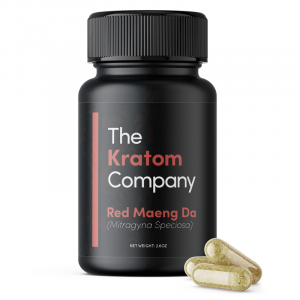 From $24.00Select options This product has multiple variants. The options may be chosen on the product page
From $24.00Select options This product has multiple variants. The options may be chosen on the product page -
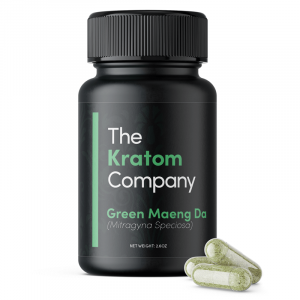 From $24.00Select options This product has multiple variants. The options may be chosen on the product page
From $24.00Select options This product has multiple variants. The options may be chosen on the product page -
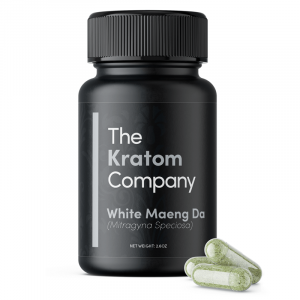 From $24.00Select options This product has multiple variants. The options may be chosen on the product page
From $24.00Select options This product has multiple variants. The options may be chosen on the product page
Explore More Posts
Product Search
Featured Products
-
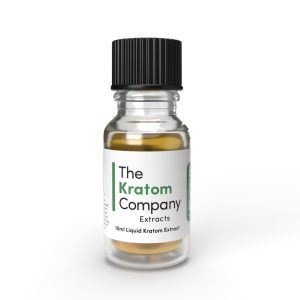 Pure Kratom Liquid Extract
Rated 4.72 out of 5From $20.00
Pure Kratom Liquid Extract
Rated 4.72 out of 5From $20.00 -
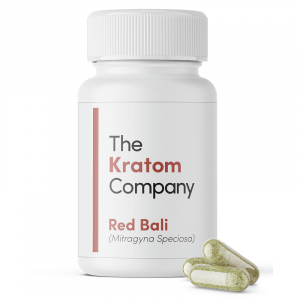 Red Vein Bali Kratom Capsules
Rated 4.70 out of 5From $24.00
Red Vein Bali Kratom Capsules
Rated 4.70 out of 5From $24.00 -
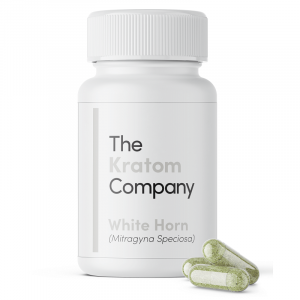 White Horn Kratom Capsules
Rated 4.88 out of 5From $24.00
White Horn Kratom Capsules
Rated 4.88 out of 5From $24.00
Recent Blogs
Follow Us
Strains
Blogs
NEWSLETTER
Sign up for our newsletter!

These statements and products presented on this website have not been evaluated by the Food and Drug Administration FDA. The products mentioned on this website are not intended to diagnose, prevent, treat or cure any diseases or health conditions. Therefore any information on this website is presented solely as the opinions of their respective authors who do not claim in any way shape or form to be medical professionals providing medical advice. The KRTM Company and its owners or employees cannot be held responsible for, and will not be liable for the inaccuracy or application of any information whatsoever herein provided. By purchasing our products you agree that you are aware and in compliance with your local county, state, or federal regulations. Must be 21 years or older to purchase Kratom. The US FDA has not approved kratom as a dietary supplement. We do not ship to the following states, cities and counties in the US where Kratom is banned: Alabama, Arkansas, Indiana, Rhode Island, Vermont, Wisconsin, Sarasota County, FL, Union County, MS, Denver, CO, San Diego, CA, and Jerseyville, IL.

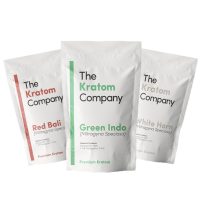

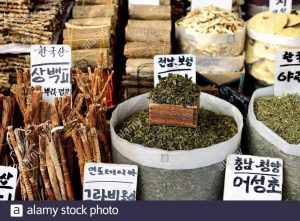


This Post Has 3 Comments
This gets me excited. Progress in the kratom community
Love the I’m a bill pic!!
Heard they are proposing it in Florida right now. So exciting 🙂